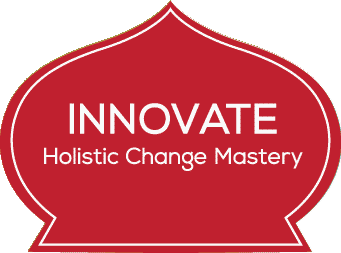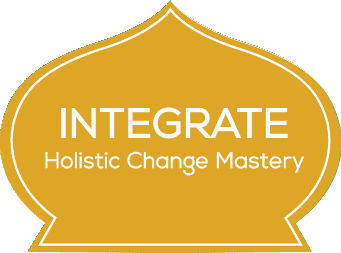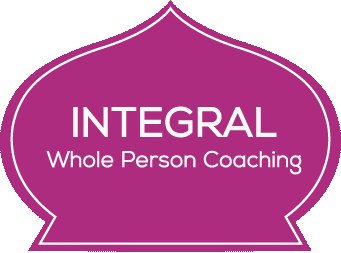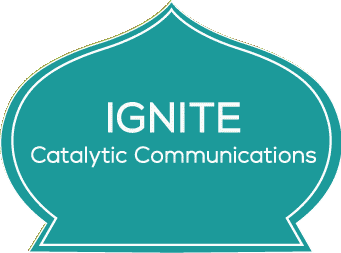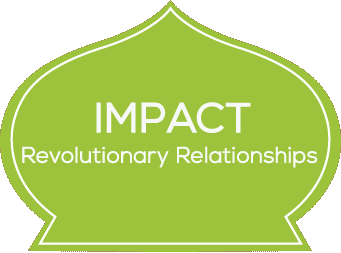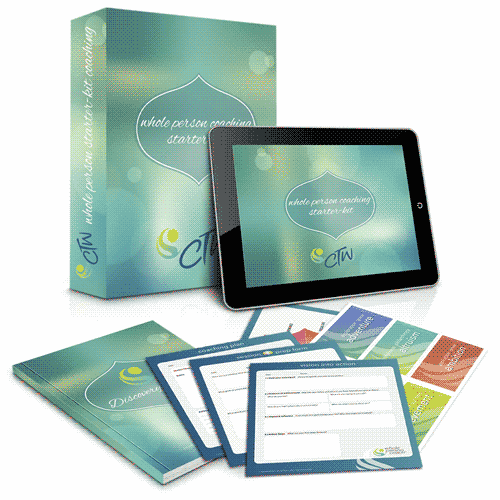What is Whole Person Coaching®?
A Deep Dive into the Multi-Modality Method that Transforms Mind, Body, and Emotions for Lasting Change
Whole Person Coaching stands out for its multi-modality approach, seamlessly integrating diverse coaching tools and techniques to address the various facets of an individual’s experience. WPC acknowledges the complexity of individuals, recognizing the interconnected dimensions of the mental, emotional, physical, social and spiritual aspects of the “Whole Person.”
Let’s delve into how Whole Person Coaching encapsulates the essence of a multi-modality method:
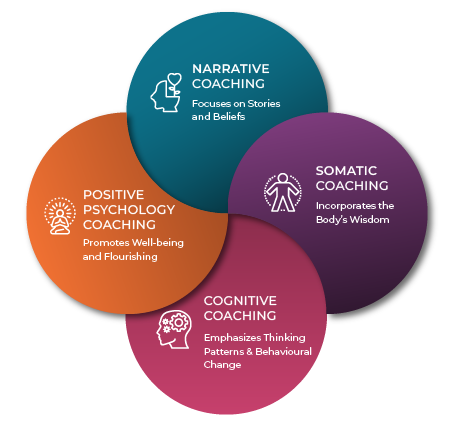
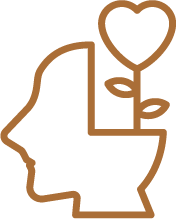
1: NARRATIVE COACHING: FOCUSES ON STORIES AND BELIEFS
As a coach, you use your client’s stories, both observed and shared, to help them to unpack and redefine behaviors and interactions with others. Common applications include working with belief systems or helping clients transcend outdated versions of their life or self.
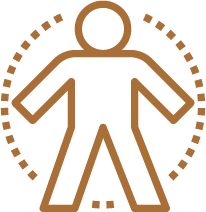
2. Somatic Coaching: Incorporates the Body's Wisdom
Somatic coaching recognizes the importance of the body in the coaching process. This modality involves paying attention to physical sensations, emotions, and bodily responses to different situations and thought patterns.
As a coach, you guide your clients to understand and work with the body’s wisdom, especially in addressing issues related to fear, resistance, and stress.
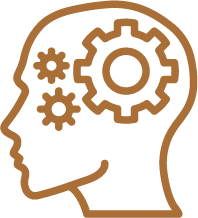
3. Cognitive Coaching: Emphasizes Thinking Patterns & Mindset
Cognitive coaching focuses on cognitive processes, including thoughts, beliefs, strengths, and values. The way in which we make sense and meaning in our lives and what matters to us.
As a coach, Cognitive coaching can help your clients to identify their strengths, core values, and positive aspects of their thinking. It can also help them to link the relationship between their thoughts, actions and responses.The goal is to empower clients to align their actions with their values, maximizing their potential and leading a more purposeful and effective life.
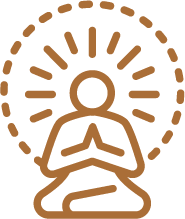
4. Positive Psychology Coaching: Promotes Well-being and Flourishing
Positive psychology-based coaching centers on enhancing the well-being and personal growth of clients. It’s strengths and positivity approach focuses on what is working well and what is innately good.
As a coach, you may employ interventions that foster positive emotions, engagement, relationships, meaning, and accomplishments. This modality contributes to a generative approach to cultivating positive momentum, placing a powerful emphasis on strengths, traits, and other qualities that make both you and your clients truly remarkable.
Relationships Are the Core of Whole Person Coaching®
As a Whole Person Coach™, you co-create with your clients an empowering transformational learning process that elicits their very best. This unique partnership is what enables you to elicit the best from both of you. We call it a “co-evolutionary process” because it creates the optimal environment for envisioning the goals and sustainable momentum that are only possible through a supportive, non-judgmental relationship.
Benefits of Whole Person Coaching®
Our multi-modality Whole Person Coaching approach offers you a powerful toolkit to become a true instrument of change. Here’s why it provides a distinct advantage…
Comprehensive Understanding
Whole Person Coaching encompasses various aspects of human experience, including narrative, somatic, and cognitive dimensions. This comprehensive understanding allows coaches to gain deep insights into their clients’ lives.
Holistic Approach
By addressing the narrative, somatic, and cognitive aspects, coaches can consider the client as a whole being. This approach recognizes that our experiences, thoughts, and physical sensations are interconnected, and all play a role in personal transformation.
Unearthing Deep-Seated Beliefs
Narrative coaching digs into the stories we tell ourselves about who we are. These narratives often hold deeply ingrained beliefs and patterns. By exploring and reframing these narratives, coaches can facilitate profound shifts in mindset and behavior.
Enhanced Transformational Potential
When combined, these modalities create a synergistic effect. Clients benefit from a comprehensive approach that addresses mind, body, and narrative, amplifying the potential for profound, sustainable change.
Professional Differentiation
Coaches who embrace a multi-modality approach stand out in the field. They possess a diverse skill set that sets them apart, demonstrating a commitment to providing holistic and transformative coaching experiences.
Tailored Solutions
Different clients resonate with different modalities. Having a multi-modality approach allows coaches to tailor their methods to suit the unique needs and preferences of each client. This flexibility increases the likelihood of success in the coaching process.
Addressing Fear and Resistance
Somatic coaching is particularly effective in addressing fear and resistance. It helps clients understand how their body responds to different situations, especially those that trigger fearful thinking. This awareness empowers clients to navigate challenges with greater confidence.
Maximizing Strengths and Values
Cognitive coaching, focusing on strengths, values, and positive psychology, empowers clients to leverage their innate abilities and align their actions with their core values. This can lead to a more purposeful and fulfilling life.
Versatility in Coaching Scenarios
Different situations and challenges call for different approaches. Coaches with a multi-modality skill set can fluidly adapt their methods to suit various coaching scenarios, ensuring effectiveness across a wide range of client needs.
Empowering Clients for Long-Term Success
By integrating narrative, somatic, and cognitive coaching, coaches equip their clients with a powerful set of tools they can continue to use long after the coaching relationship ends. This empowers clients to sustain their progress and continue their personal growth journey independently.
![multimodality[48] Whole-Person-Coaching](https://coachtrainingworld.com/wp-content/uploads/2024/01/multimodality48.png)
Work holistically with all aspects of your client’s life to create total well-being: life fulfillment, vitality, balance and prosperity.
As a Whole Person Certified Coach (WPCC), your clients gain access to the depth and breadth of who they are at the core: mentally, emotionally, physically, socially and spiritually, they can easily and effectively draw upon their multiple intelligences to overcome any stopping blocks.
Want to know more about our roots?
Leverage the wisdom and best practices rooted in the art, science and psychology of coaching to evoke positive and sustainable change in others. You’ll not only know the “why” behind those seemingly impossible shifts, but be able to change any self-sabotaging thoughts, feelings and behaviors with confidence.
The Whole Person Coaching method and tools provide you with insight drawn from the wisdom and best practices of multiple disciplines. They embrace research, theory and best practices for creating self-initiated positive sustainable change from the following fields:
Interpersonal Neurobiology
An interdisciplinary field incorporating a range of practices, such as anthropology, biology, computer science, linguistics, psychiatry and sociology (among many others), to uncover commonalities in the human experience. Pioneered by Daniel J. Siegel, M.D., the primary focus of this discipline is on integration and how the different components of a system can be linked to promote overall health, flexibility, and an adaptive way of existing in the world.
Positive Psychology
NeuroLinguistic Programing (NLP)
The study of human excellence through the development of an individual’s competence and adaptability. Originated by Richard Bandler and John Grinder, NLP uses self-discovery and the exploration of identity as a framework for human experience, extending beyond the individual to family as well as local and global communities.
Narrative Psychology
Emotional Intelligence (EI)
Whole Person Learning
A form of transformative learning that enables an individual to incorporate all aspects of their persona (intellectual, social, emotional, physical, spiritual) by viewing them context with the world around them. In doing so, the ultimate goal is to facilitate improved relationships and functioning by focusing on the interconnected, interdependent nature of life.
Meta-Learning
The understanding of one’s own thought and learning processes. Originally proposed by Donald B. Maudsley, it’s dedicated to an increasing awareness of habits related to perception, inquiry, learning, and growth that an individual has internalized over the course of their life.
Somatic Psychology
Archetypal Psychology
The use of psychology to see, image, and envision what it means to be human by accessing the deepest patterns of self, often referred to as “soul.” First initiated by psychologist James Hillman, this branch attempts to recognize the fantasies and myths that influence our lives.
Expressive Arts
Developmental Psychology
Adult Attachment Theory
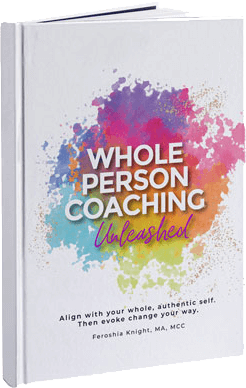
See how our difference can help you to make yours...


